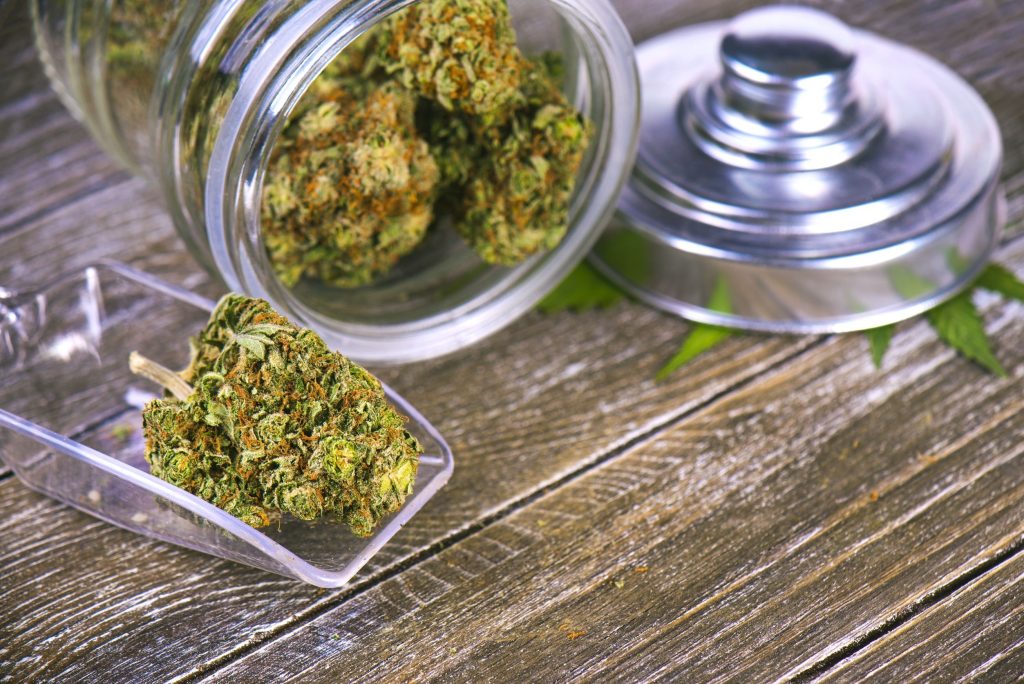
Understand these marijuana for medicinal purposes
The use of marijuana for medicinal purposes has been a controversial topic for decades, with some advocating outright legalization and others staunchly opposed. Proponents of medical cannabis argue that it can effectively treat several diseases and conditions, including things like glaucoma, arthritis, cancer, multiple sclerosis, chronic pain, and even HIV/AIDS. They also point out that having access to medical cannabis can help reduce reliance on more dangerous drugs such as opioids. Those who oppose the idea of legalizing medical marijuana argue primarily about the dangers associated with smoking weed in general from online dispensary canada.
However, it is essential to note that while there have been plenty of studies into the effects of smoking weed over an extended period, one very crucial element has been ignored: What is the long-term effects of consuming cannabis in other ways? For example, what are the long-term effects of using weed in foods or vaping it?

The truth is there have been very few studies into the long-term use of THC when consumed this way. The main reason for this is marijuana edibles are relatively new on the market, so there hasn’t been enough time to conduct a large-scale study. But preliminary evidence indicates that cannabis can offer benefits to those who suffer from a variety of illnesses and conditions even when eaten. Here’s why:
Cannabis is fat-soluble, so it stays in your system for much longer than something like nicotine which will only remain in your system for a matter of hours after ingestion, depending on the method. This means that if you’ve eaten weed many of its effects can take hours to kick in, which would explain why people often feel “stoned” for hours after eating it. On the other hand, this could also mean there are long term effects associated with ingesting marijuana for medicinal purposes that we don’t know about yet.
Long-term use of cannabis can lead to addiction, but evidence seems to show it is nowhere near as addictive as opiates, which kill thousands every year and lead to countless more becoming addicted. Most studies indicate that roughly 10% of those who try marijuana will develop an addiction while 50% (and some say even higher) become addicted to cigarettes or alcohol, respectively both of which are legal substances for adults to consume.